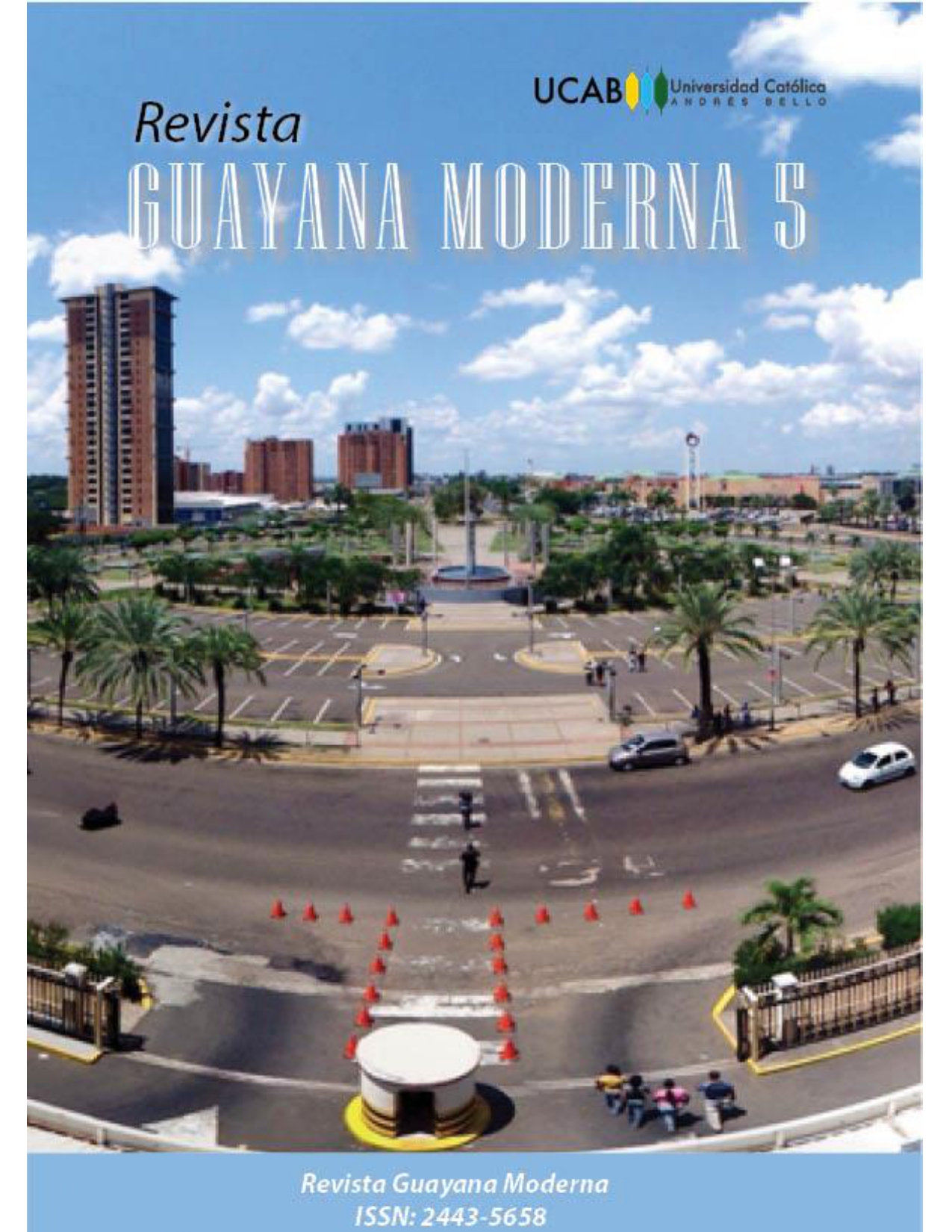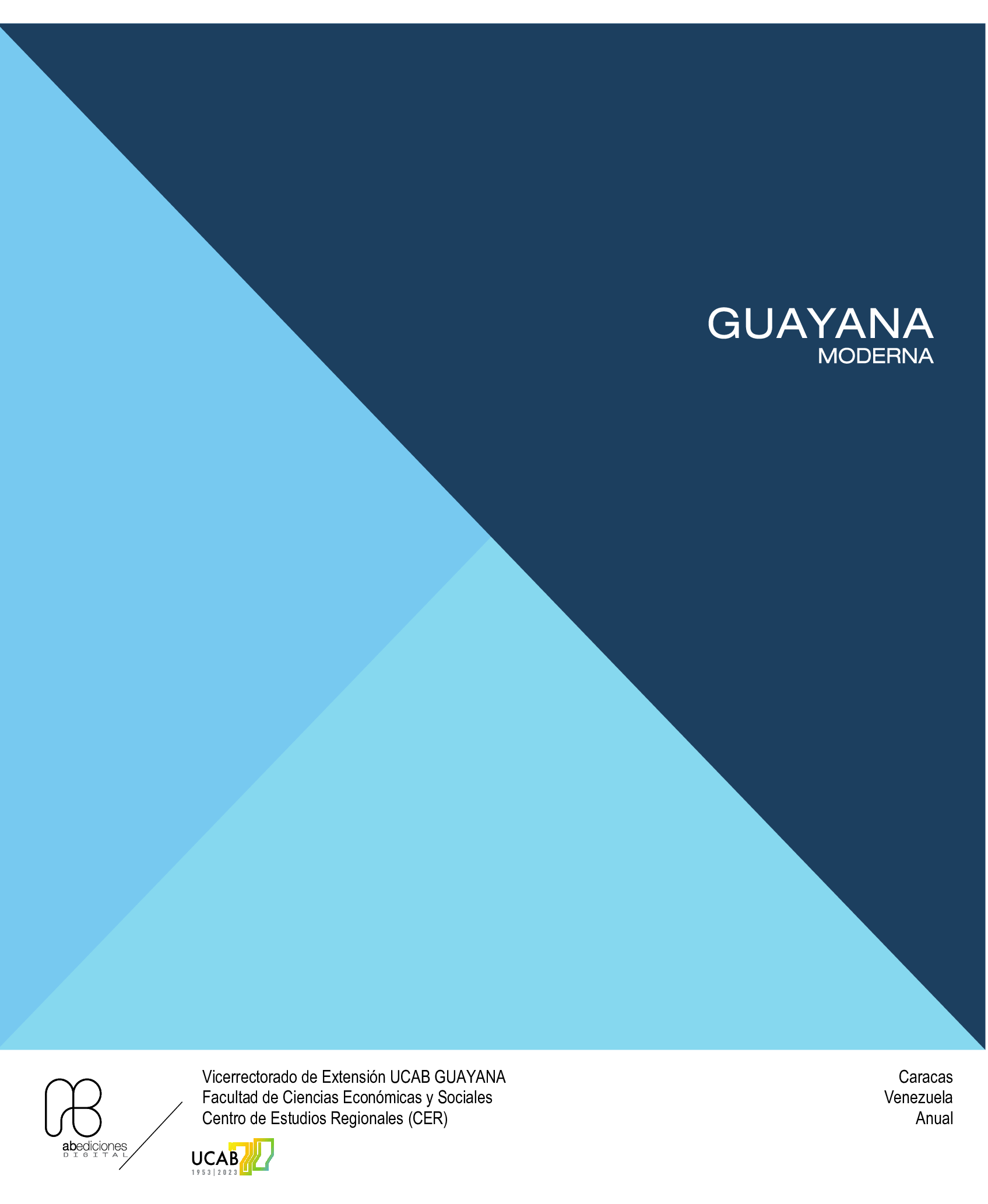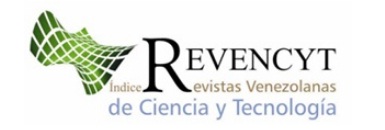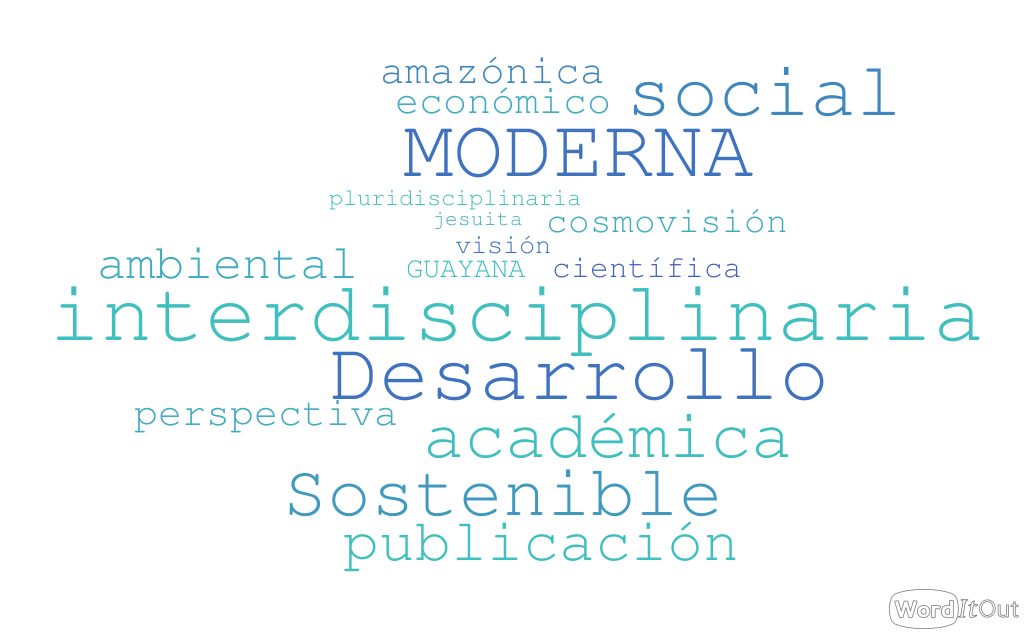CITIZEN RESILIENCE IN CONTEXTS OF POLITICAL CRISIS: Venezuela case
DOI:
https://doi.org/10.1234/gm.v5i5.5300Abstract
In Venezuela, painful images of the deterioration in the quality of life and daily life of citizens can be found daily, which add to the demands for political change (existing at least in a very clear way since 2006, when socialism was introduced Venezuelan by force and without constitutional support) demands for a change in social organization. We wonder if does Venezuelan society have the capacities to successfully promote a process of transformation of the factors that feed and drive tensions? A study perspective on this process of change in Venezuela can be provided by the social resilience approach aimed at studying the skills that citizens and groups can develop to adapt and transform themselves in adverse socio-political contexts and high uncertainty. This research started in 2017 focuses on exploring the mechanisms that people, social organizations and communities use to face the tensions that restrict their well-being and quality of life, in order to identify the resources, mechanisms and capacities that societies have or can develop to promote change. In this first phase of the research, an attempt was made to evaluate the descriptive and explanatory potential of social resilience to interpret the process of change in Venezuela, for this we carried out three focus groups in different locations in the south of Venezuela, in which it was found that the participants Faced with the problems of security, inflation and shortages, they describe absorption and adaptation but not transformation behaviors.
Keywords: social resilience, adaptation, absorption, transformation, Venezuela








